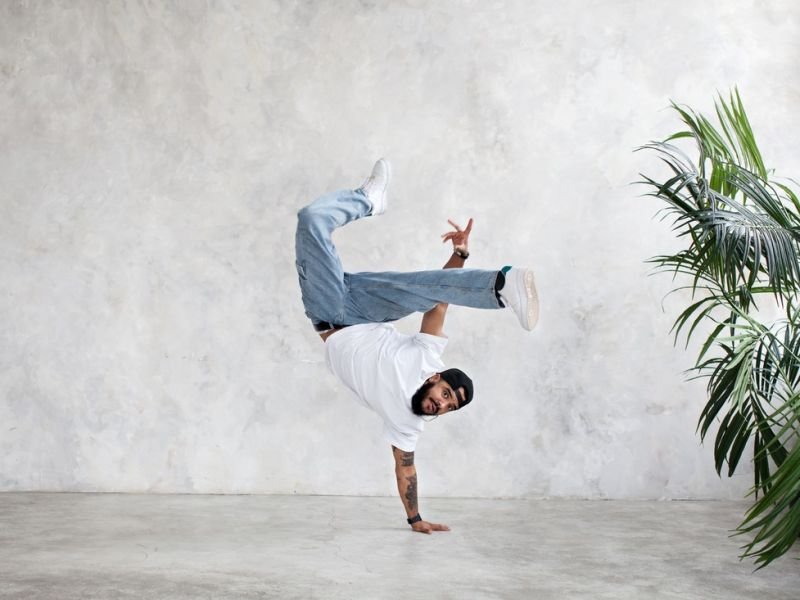Introduction
Dance is a beautiful expression of art that captivates audiences and provides a platform for artists to showcase their creativity and talent. Within the realm of dance, choreography plays a crucial role in conveying emotions, stories, and messages. In this article, we will delve into the world of dance choreography and explore the various aspects of decoding symbolism in choreography.

The Role of Choreography
Choreography is the art of creating and arranging dance movements and sequences in a meaningful and aesthetic manner. It allows dancers to synchronize their movements, tell a story, and communicate emotions through physicality. A well-choreographed dance piece can evoke powerful emotions and leave a lasting impact on the audience.
The Importance of Symbolism
Symbolism is a powerful tool used by choreographers to add depth and meaning to their dances. Every movement and gesture can carry symbolic significance, representing ideas, themes, or emotions. By incorporating symbolism into their choreography, dancers and choreographers can create a richer and more resonant experience for both themselves and the audience.
The Language of Movement
Dance, being a non-verbal art form, relies on the language of movement to convey its messages. Choreographers use a wide range of movements such as gestures, poses, leaps, and turns to communicate specific ideas or emotions. By understanding the language of movement, we can decode the hidden messages embedded in the choreography.
The Message Behind the Movements
Each dance movement has the potential to convey multiple meanings. For example, a simple hand gesture may symbolize love, longing, or surrender, depending on the context and intention of the choreographer. By analyzing the movements in a dance piece, we can uncover the intended message behind each gesture and step.
Decoding Symbolism in Ballet
Ballet, a classical dance form known for its grace and precision, often incorporates symbolism to enhance storytelling. From the delicate movements of the arms to the intricate footwork, every element of ballet holds symbolic meaning. We will explore the symbolism used in ballet choreography and its impact on the overall narrative.
Exploring Symbolism in Jazz Dance
Jazz dance, with its energetic and syncopated movements, also utilizes symbolism to express emotions and ideas. The dynamic and improvisational nature of jazz allows for creative interpretations of symbolism through movements inspired by African-American culture, history, and personal experiences.
The Contemporary Dance Language
Contemporary dance, a genre that combines elements from ballet, modern dance, and other styles, often showcases abstract and innovative choreography. Symbolism in contemporary dance can be highly individualistic, as choreographers draw inspiration from personal stories, social issues, and philosophical concepts.
Interpreting Symbolism in Choreography
Decoding symbolism in choreography is a subjective and personal process. Each individual may interpret the same dance differently based on their own experiences and perspectives. When watching a dance performance, it is essential to engage with the emotions and ideas being conveyed and allow oneself to be moved by the symbolism in the choreography.
The Power of Dance
Dance has the unique ability to transcend language barriers and connect people on a deep emotional level. Through the art of choreography and symbolism, dancers can tell stories, provoke thought, and inspire change. Dance Competitions – competes.tv aims to provide a platform for dancers to showcase their talent, build a fanbase, and connect with the vibrant dance community.
To learn more about the world of dance and participate in exciting dance competitions, visit Dance Competitions – competes.tv.
Frequently Asked Questions
What is the significance of symbolism in choreography?
How can I interpret symbolism in dance choreography?
Conclusion
Decoding symbolism in choreography adds another layer of appreciation and understanding to the art of dance. By exploring the symbolism used in ballet, jazz, and contemporary dance, we can gain insights into the messages and emotions behind each movement. Dance Competitions – competes.tv provides dancers with a platform to showcase their skills and connect with fellow dancers, fostering a nurturing and dynamic community.